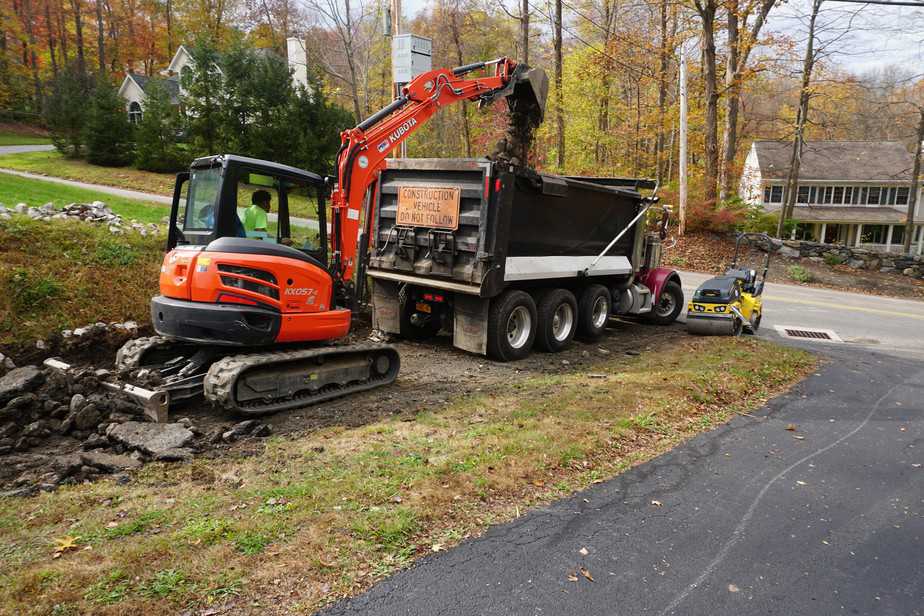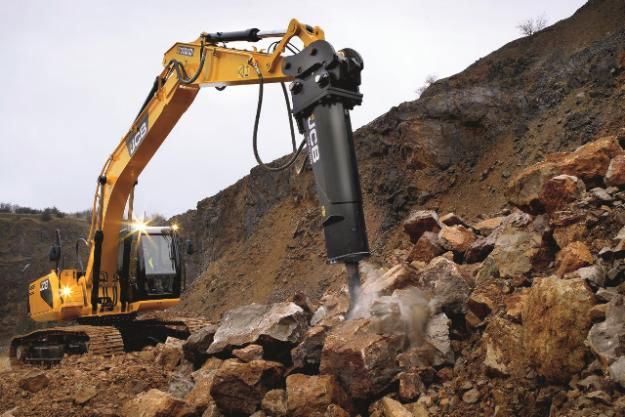Excavating Ohio - Top Excavation Professionals for Ohio Projects
Excavating Ohio - Top Excavation Professionals for Ohio Projects
Blog Article
Comprehensive Excavation Techniques: Mastering the Principles for Success
The careful preparation, exact execution, and meticulous interest to detail required in excavation tasks require a detailed approach that includes numerous essential aspects. The true proficiency exists not just in comprehending these principles yet in seamlessly integrating them to navigate the complexities of excavation projects with skill.
Recognizing Excavation Job Planning

The preliminary stage of any kind of excavation task is the planning stage, where important decisions are made that can significantly influence the result of the job. Comprehending the task timeline, extent, and budget restrictions is critical for developing a comprehensive excavation plan that makes sure the project's success.
One secret aspect of excavation job planning is the development of an in-depth timeline that describes the sequence of milestones, due dates, and tasks. By very carefully thinking about all these variables during the preparation phase, excavation tasks can be performed efficiently and effectively, leading to effective end results - lancaster trenching.
Soil Analysis and Website Evaluation
Carrying out thorough soil evaluation and site analysis is a crucial action in the prep work phase of any type of excavation task. Dirt evaluation involves establishing the composition, framework, and residential properties of the soil at the excavation site. This details is essential for recognizing the dirt's bearing capability, dampness content, and potential for disintegration, which are key consider identifying the excavation approaches and devices required for the project.
Website assessment exceeds soil evaluation and incorporates a broader analysis of the overall site conditions. This examination consists of identifying any kind of prospective dangers, such as underground energies, ecological issues, or unsteady surface, that might influence the excavation process. By extensively examining the site, task managers can create effective excavation techniques that prioritize security, performance, and environmental management.
Utilizing innovative modern technologies like ground-penetrating radar, dirt tasting, and drone surveys can improve the precision and effectiveness of dirt evaluation and website assessment. Investing time and sources in these preliminary actions can ultimately conserve time and avoid costly delays or problems during the excavation process.
Tools Selection and Utilization
Efficient excavation tasks rely heavily on critical tools selection and use to guarantee ideal efficiency and efficiency. Selecting the best equipment for the task is vital in making the most of performance and decreasing downtime. Variables such as the kind of soil, deepness of excavation, and task extent play a substantial duty in identifying the most appropriate equipment for the job available.

Along with picking the appropriate devices, proper use is essential to project success. Operators should be trained to handle the equipment securely and successfully - septic ohio. Normal maintenance checks and timely repair work help prevent breakdowns and make certain consistent performance throughout the job
Precaution and Regulations Compliance
In the realm of excavation tasks, focusing on safety and security steps and conformity with laws is critical to making sure a lawfully audio and safe functional setting. Precaution encompass a series of techniques, including carrying out detailed site assessments, implementing appropriate signage and obstacles, and supplying sufficient safety training for all personnel included in the excavation process. Adherence to guidelines, such as OSHA demands in the USA, guarantees that the excavation project fulfills the needed standards to safeguard workers, spectators, and the surrounding setting.

Surveillance Progression and Adjusting Strategies
Just how can forecast supervisors efficiently track the innovation of excavation jobs and adjust their techniques accordingly to maximize end results? Monitoring progress is important for making certain that excavation tasks remain on track and fulfill target dates.

Verdict
In verdict, understanding the fundamentals of detailed excavation techniques is necessary for the success of any task. By comprehending task preparation, evaluating soil and website conditions, selecting ideal devices, abiding with safety guidelines, and keeping track of progress, task supervisors can make certain a smooth and reliable excavation procedure. Carrying out these strategies will bring about successful end results and minimize potential risks or setbacks during the excavation job.
The preliminary phase of any type of excavation task is the preparation phase, where crucial decisions are made that can significantly affect the result of the job. Recognizing the job budget plan, timeline, and range restraints is vital for developing a thorough excavation plan that guarantees the project's success.
Exactly how can forecast managers successfully track the advancement of excavation tasks and adapt their strategies appropriately to maximize end site results? By carefully keeping track of development and being prepared to adjust techniques, project supervisors can boost the overall success of excavation tasks.
By recognizing task preparation, evaluating soil and site conditions, picking ideal tools, complying with security policies, and monitoring progress, job managers can make certain a efficient and smooth excavation procedure.
Report this page